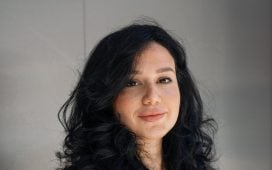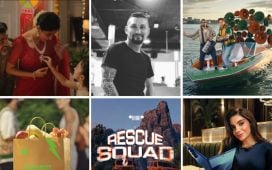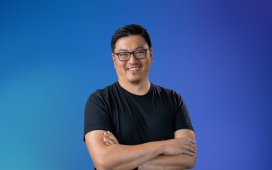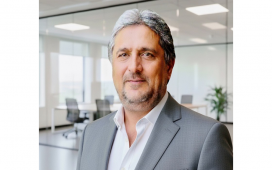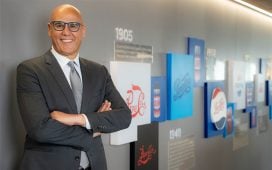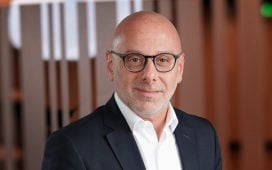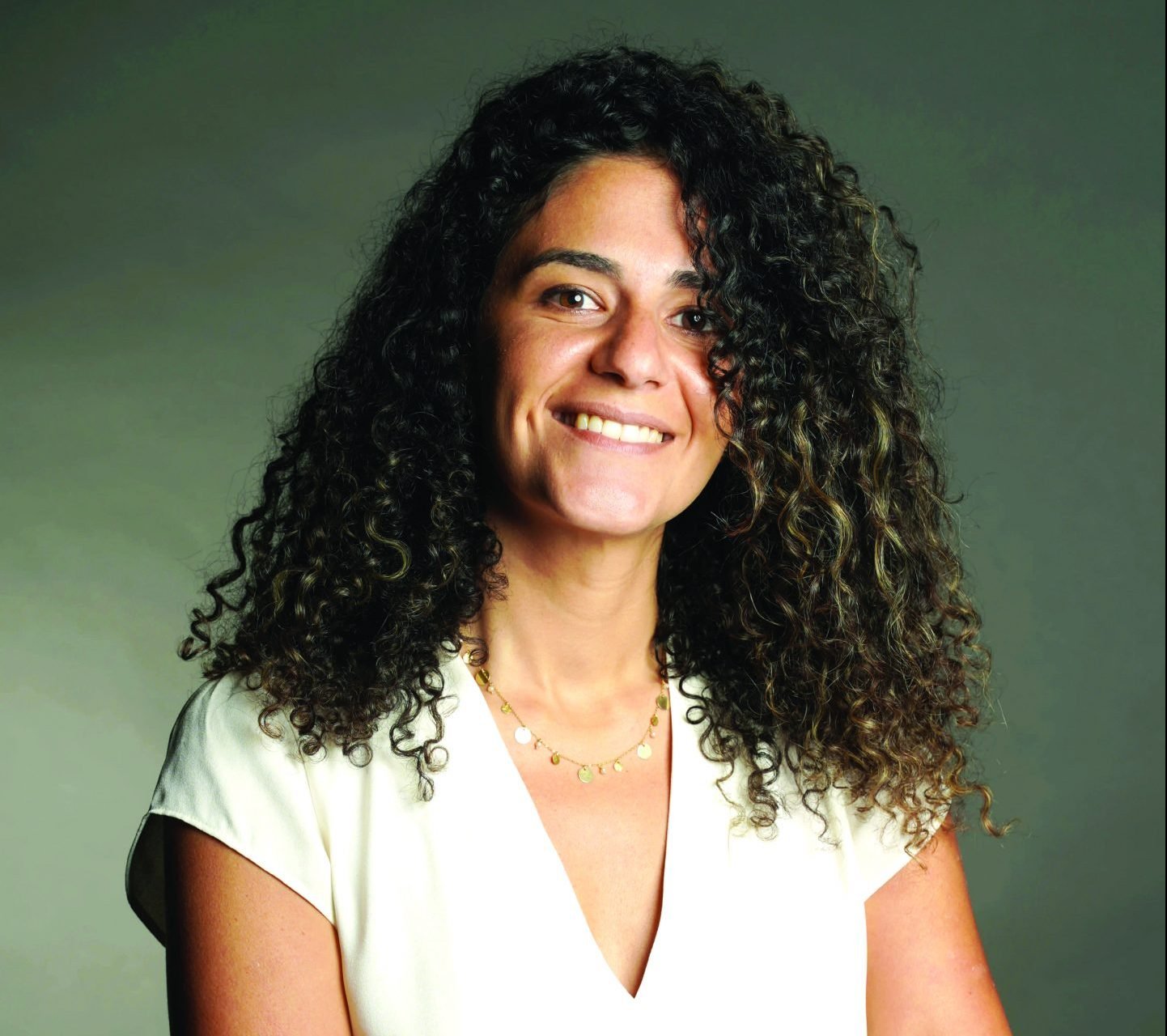
In the Middle East advertising landscape, the portrayal and participation of men and women are not just reflections of cultural norms, they have become catalysts for change. Just as the saying goes, “Culture is to humans as water is to fish”, we often swim in strong currents of societal norms without realising their pull. It’s only when someone spots a shark in the water that we start to identify the implicit bias or stereotypes that have gone unattended.
Today, the diversity, equity, and inclusion (DE&I) narrative has created many such eye-opening conversations within the industry. In the coming days, we welcome you to delve into the insights of industry leaders, who call a spade a spade. They have come to a consensus that while significant strides have been made, there’s still a long way to go. The industry faces the challenge of not just acknowledging the gaps but actively addressing them. The hope is to herald a future where DE&I is so ingrained in our culture that the changes we request today are foregone conclusions.
The needle has definitely moved, but a sense of equity and normalcy hasn’t quite settled in. Read what the leaders had to say:
Karen Kamel, Managing Director, McCann Health
How has diversity and inclusion improved on the ground within the industry?
The healthcare marketing industry continues to make notable progress in DE&I; at McCann Health, we have actively recruited talents from varied backgrounds, ensuring our teams reflect the diversity of the communities we serve. This inclusivity extends to leadership roles, where women and minorities are increasingly visible, bringing fresh perspectives and innovative solutions to our clients.
What steps would you advise to prevent “DE&I washing” within the industry?
Authenticity is key. We’ve implemented concrete policies, including inclusive hiring processes and clear and accountable reporting on DE&I metrics. Creating a culture where different voices are heard and valued ensures our commitment to DE&I is embedded in our daily operations, not just in rhetoric.
What would an ideal world in the coming years look like?
I envision a healthcare marketing landscape characterised by true equity and inclusion, not just campaigns to win awards, but real insightful work that leads to a healthier nation. Our campaigns should champion diversity, amplify underrepresented voices, and advocate for health equity on a regional and global scale.
If there’s one barrier you would break down, what would it be and why?
Addressing gender disparities in leadership remains a critical barrier. Breaking down this barrier is essential for fostering an industry where women have equal opportunities to lead and innovate.
What allyship message would you share with your colleagues in the industry?
Actively listening to and valuing every individual’s unique perspective is the true foundation of DE&I. Everyone should feel respected, heard, and empowered to contribute.
Can you share a particularly memorable campaign or project that you’ve worked on and its impact on the brand?
Our most recent work for Organon was a campaign called Mis(s)Diagnosed. By partnering with local health organisations and leveraging digital platforms, we not only exposed the medical gender data gap in current medical practices and disease diagnosis, we also raised awareness about the lesser-known signs of heart attacks in women.
Our goal was to build a strong network across the region that advocates for the gaps in women’s health and raises awareness about areas that are often still misdiagnosed in women’s health. Our campaign was successfully endorsed by multiple regional medical societies and scientific leaders.
We were also able to partner with female social media influencers from across the region, who were excited to support and amplify our objectives. The campaign was successful in initiating conversations among policymakers and key opinion leaders (KOLs) in the region, and over three million on social media following our digital activation.
Can you share some personal habits or routines that have helped you embrace your authenticity and express yourself?
I believe my commitment to networking and connecting with people outside and inside the industry has always helped me with expressing myself and sharing my journey. At least once a month, I engage with other female leaders and connect on a personal level or professionally at one of the events led by female leader communities.

